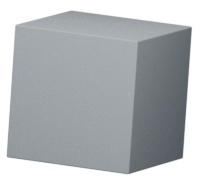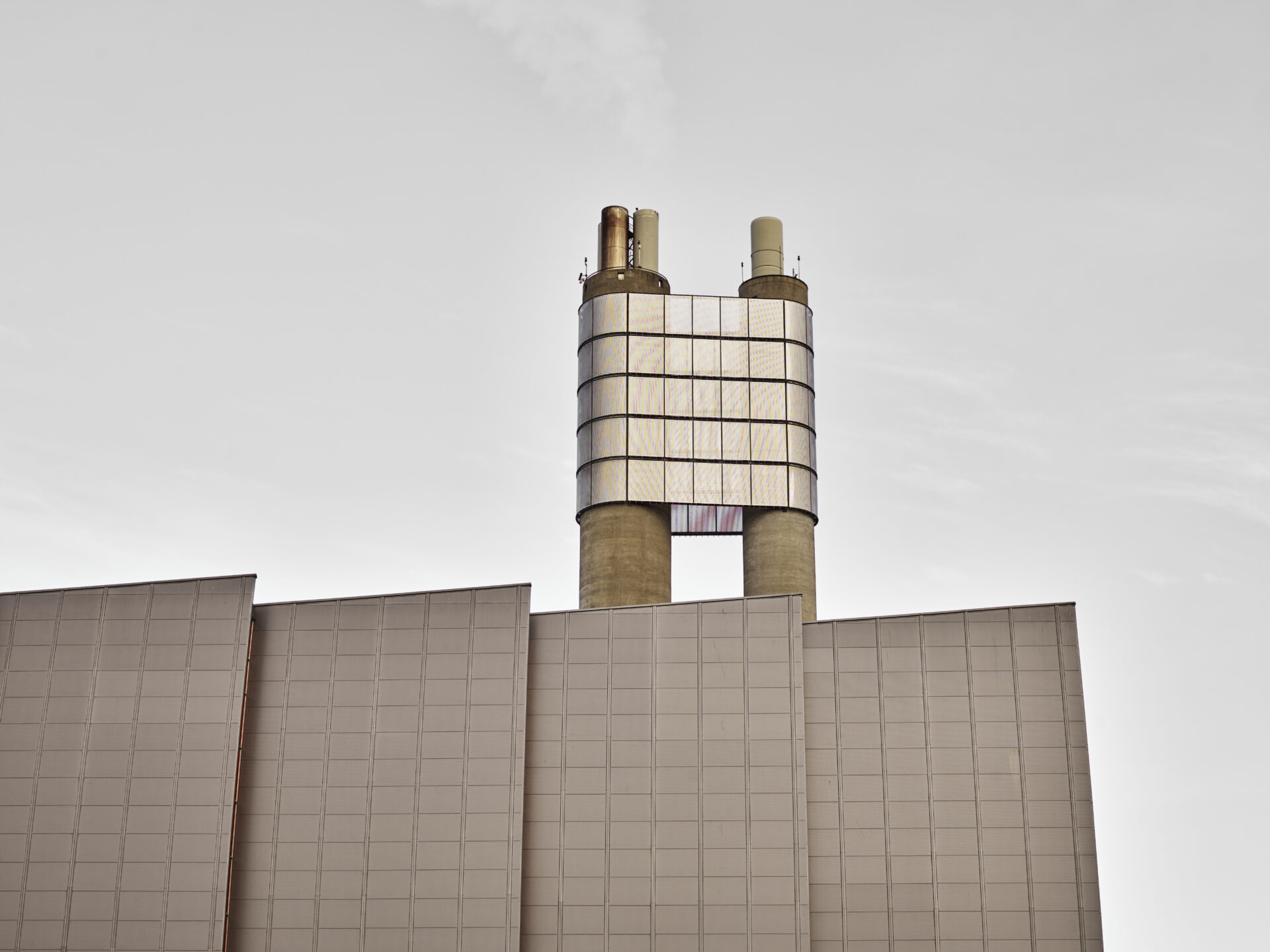Published 1.04.2025
Photo: Hafslund Celsio
Hafslund Celsio has closed an agreement with the consortium Frontier for the pre-purchase of carbon removal from Oslo CCS. This agreement was a crucial part of the foundation for Hafslund Celsio’s investment decision for the carbon capture project in Oslo earlier this year. The companies in Frontier will pay USD 31.6 million[1] for a total of 100,000 tons of carbon removal in the years 2029 and 2030. The bilateral agreement between Frontier’s buyer group and Hafslund Celsio is the first known agreement for carbon removal from waste incineration.
Frontier consists of the founding companies Stripe, Google, and Shopify, as well as the members Autodesk, McKinsey, H&M Group, JPMorgan Chase, Workday, and Salesforce. Aledade, Canva, Match Group, Samsara, SKIMS, Skyscanner, Wise, and Zendesk will also participate through the Watershed collaboration. The consortium was formed to realize carbon removal from new projects through pre-purchase agreements. “We are proud to have closed an agreement for carbon removal with some of the world’s leading companies. Frontier’s members contribute to realizing the world’s first full-scale carbon capture facility on waste incineration and confirm for similar incineration plants worldwide that the sale of carbon removal is an important tool for financing carbon capture projects,” says Jannicke Gerner Bjerkås, Director of CCS and Carbon Markets, Hafslund Celsio.
Hafslund Celsio’s carbon capture project is enabled through a collaboration between public and private actors. As part of the Norwegian state’s demonstration project Langskip, the Norwegian state, Oslo municipality, and Hafslund Celsio are working together to realize one of the world’s first full-scale carbon capture facilities for waste incineration. The project will capture and store approximately 350,000 tons of CO2, of which about 150,000 tons will constitute carbon removal through the permanent storage of biogenic CO2. “I am pleased to see that the voluntary carbon removal market enables carbon removal in sectors that are difficult to decarbonize, such as waste incineration. This type of public-private collaboration helps create a well-functioning market that will accelerate the development of more projects in this segment, both nationally and internationally,” says Norwegian Minister of Energy, Terje Aasland.
Frontier is highly committed to strengthening the demand for carbon removal in the voluntary carbon market and, through agreements, contributing to the development of the next projects for permanent carbon removal. “Retrofitting carbon capture on waste incineration plants is an evident solution for handling pre-sorted residual waste. Waste incineration of residual waste generates carbon-free energy and removes CO2 from the atmosphere. Hafslund Celsio will be the first company to implement this, paving the way for 500 waste incineration plants across Europe to enable the removal of hundreds of millions of tons of CO2,” says Hannah Bebbington, Head of Deployment, Frontier.
Hafslund Celsio is building the world’s first full-scale carbon capture facility on an existing waste incineration plant with permanent storage – a model that can serve as a roadmap for other waste incineration plants in Europe.
The incineration process results in two types of CO2 emissions, each responsible for approximately half:
- Biogenic CO2 emissions come from the combustion of organic material such as unsorted food waste, non-recyclable paper, and cardboard.
- Fossil CO2 emissions come from the combustion of inorganic materials such as non-recyclable plastic.
For further information:
- Frontier:
- Hafslund: Jannicke Gerner Bjerkås, Director of CCS and Carbon Markets, Hafslund Celsio, , Tel: +47 905 63 0947
- Hafslund: Truls E. A. Jemtland, Head of Communication, Hafslund Celsio, , Tel: +47 920 29 4808
The amount includes costs related to measurement, audit, and verification.
The amount includes costs related to measurement, audit, and verification.









